From Minnesota Public Radio News by Melissa Olson And Leah Lemm October 20 2025
On Monday, Gov. Tim Walz and the Minnesota Office of Cannabis Management announced that the Prairie Island Indian Community has signed a cannabis compact with the state. The agreement recognizes the tribe’s authority to regulate and sell cannabis.
The compacts include provisions that create opportunities for tribes to partner with those dispensaries to sell tribally grown cannabis products, which is notable at a time when state-licensed dispensaries are struggling to meet demand for recreational cannabis products.
The tribal nation has indicated interest in expanding both its retail operations and cultivation wholesaling into the state market.
In a news release from the Office of Cannabis Management, Grant Johnson, president of the Prairie Island Indian Community Tribal Council, said, “We’re grateful to have this compact completed, and we’re excited to continue meeting demand in Minnesota’s growing recreational cannabis market with the exceptional cannabis products we are producing.”
Two years ago, when they legalized recreational cannabis, lawmakers envisioned a role for tribally regulated markets. In creating the state’s cannabis law, the Minnesota Legislature directed the governor to negotiate agreements with tribal nations in the state to, among other reasons, secure a well-regulated cannabis market.
Eric Taubel, director of the Office of Cannabis Management said in the release, “This compact provides state-licensed cannabis businesses the opportunity to partner with Prairie Island Indian Community and boost supply of product while maintaining the Tribe’s inherent sovereignty and right to self-govern.”
The compact signed between the state and Prairie Island Indian Community, which is located about 40 miles southeast of the Twin Cities, is similar to previous agreements signed with other tribal nations in Minnesota.
The agreement limits the number of off-reservation retail dispensaries the Prairie Island Indian Community can open to eight and sets a limit on indoor cultivation to no more than 30,000 square feet of cannabis canopy outside tribally regulated land.
Cannabis regulation
Under the compact agreement with the state, Prairie Island Indian Community agreed to set regulations for sales outside tribal lands that “meet or exceed” the state’s cannabis regulations.
The tribal nation’s cannabis commission will be tasked with licensing nontribal dispensaries that want to do business with the tribe. The commission will now oversee the tribe’s cannabis business as it expands into the state market, including the sale of cannabis to state-licensed microbusinesses.
Ed Buck, chair of the commission, said, “We just make sure that we that all of our product that we put out into the market meets the state’s requirements, along with our requirements as well,” in an interview with MPR News.
The compact also outlines a relationship between the state’s Office of Cannabis Management and Prairie Island Indian Community’s commission, including audits of the tribe’s cannabis operations by the state. Buck says both agencies have met online as the negotiations around the compact moved forward and that staff from the Office of Cannabis Management recently toured the tribal nation’s cannabis facilities.
In addition to testing, Buck added that the cannabis commission is in the process of developing a process where the OCM can visit and check on the product that will enter the state market.
“The most important thing would probably be that [Minnesotans] can trust the products that are being put on the shelves. It’s highly regulated,” Buck said.
According to the Office of Cannabis Management, additional tribal-state cannabis compacts are expected soon.

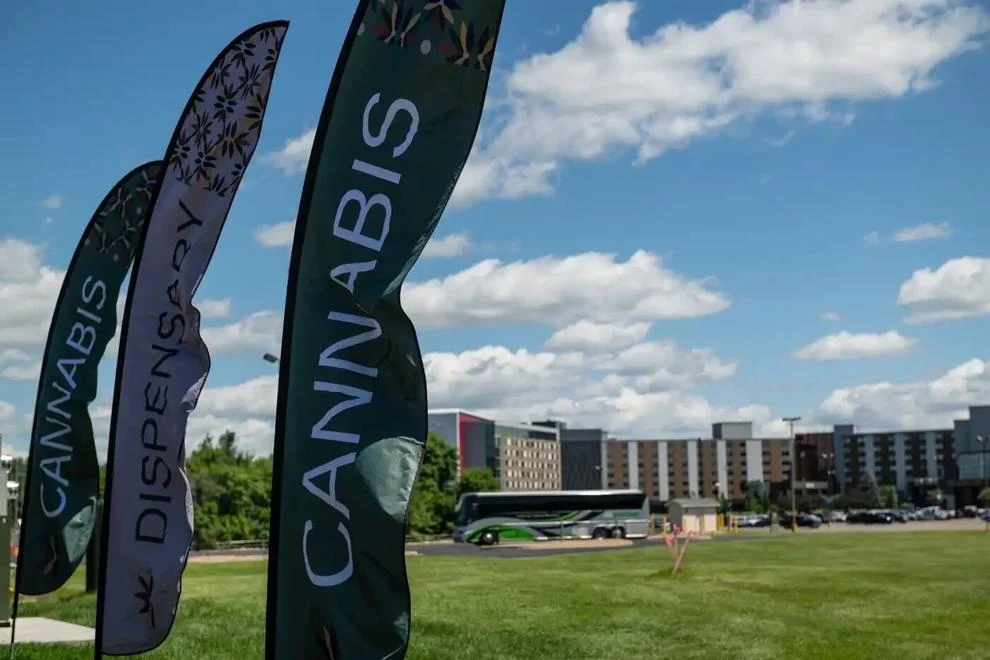
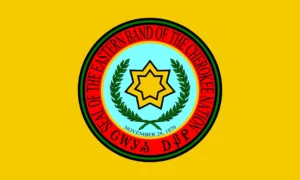

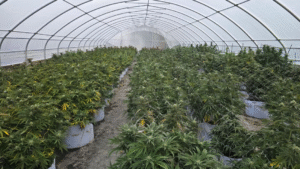
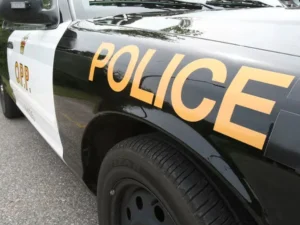

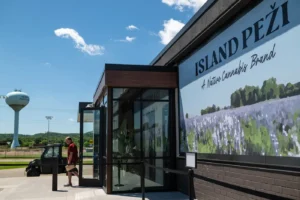

Comments are closed.